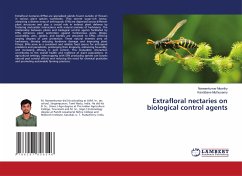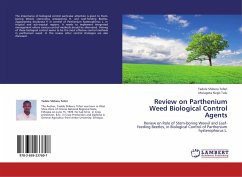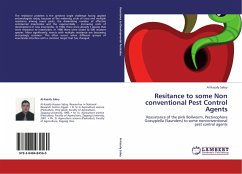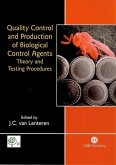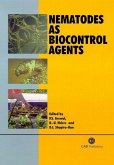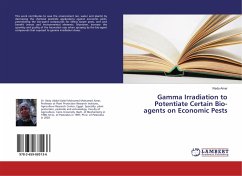Extrafloral nectaries (EFNs) are specialized glands found outside of flowers in various plant species worldwide. They secrete sugar-rich nectar, attracting a diverse array of arthropods. EFNs are dispersed across different plant structures and play a crucial role in indirect plant defense by fostering mutualistic interactions with natural enemies of herbivores. The relationship between plants and biological control agents facilitated by EFNs enhances plant protection against herbivorous pests. Wasps, coccinellids, ants, spiders, and beetles are attracted to EFNs, offering varying degrees of pest protection. These natural enemies prey on herbivores, thereby reducing herbivore damage and improving plant fitness. EFNs serve as a consistent and reliable food source for arthropod predators and parasitoids, prolonging their longevity, enhancing fecundity, and increasing efficacy in pest control. This mutualistic interaction contributes to the overall health and resilience of plant populations. In agricultural settings, intercropping with EFN producing species can boosts natural pest control efforts and reducing the need for chemical pesticides and promoting sustainable farming practices.
Bitte wählen Sie Ihr Anliegen aus.
Rechnungen
Retourenschein anfordern
Bestellstatus
Storno

